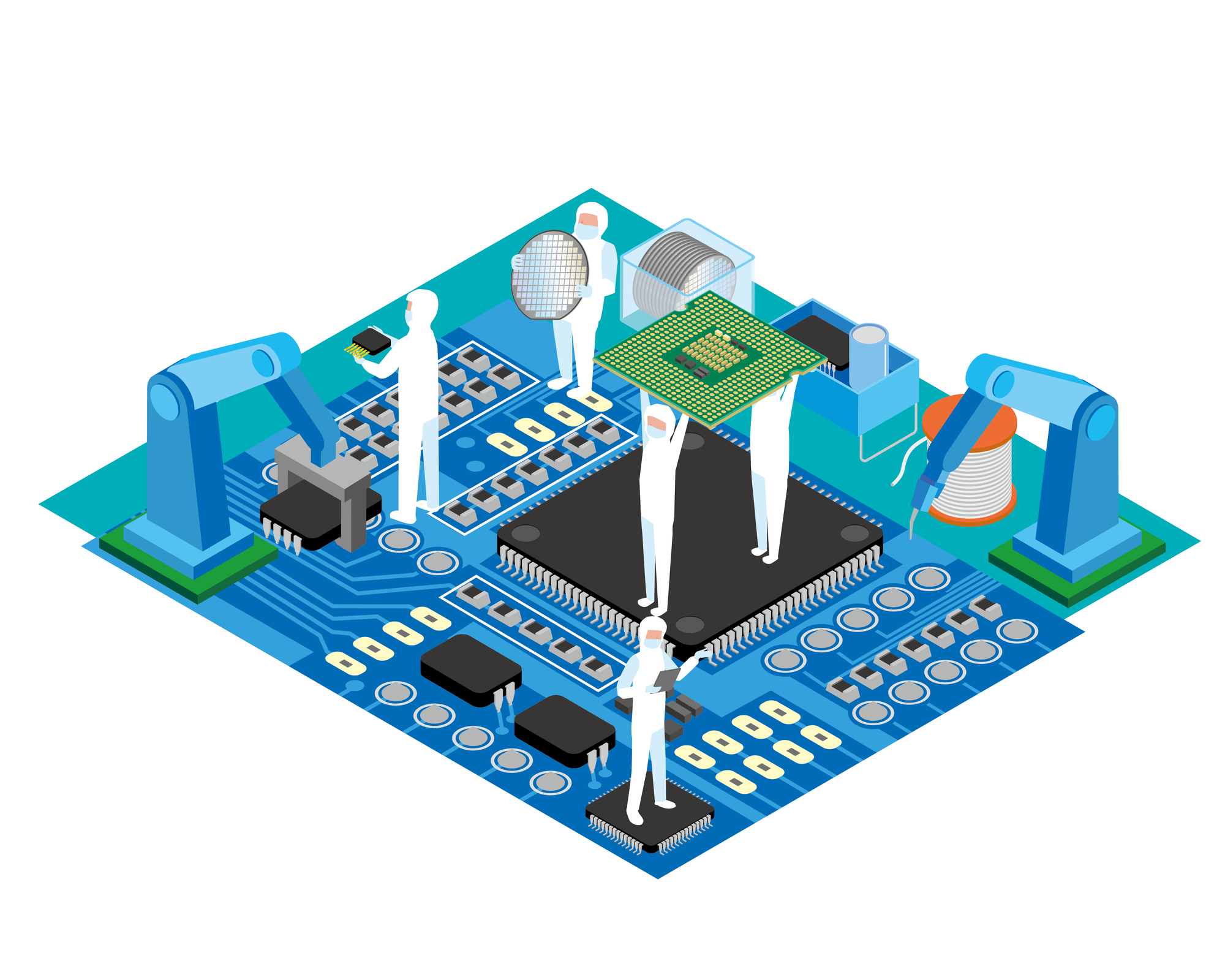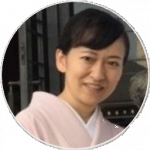Why Semiconductor Translations are so Difficult

Semiconductors are at the core of technology and have become indispensable in our daily lives given the proliferation and expansion of various technologies, including artificial intelligence (AI) and high-speed communication standards such as 5G and 6G. The global demand for semiconductors continues to grow, leading to an increase in translation opportunities within the semiconductor industry. However, translating semiconductor-related content requires specialized skills that differ from general translation work. As a result, not all translation services can guarantee the same level of quality in this specific field.
This article discusses semiconductor translation, which is said to be particularly challenging within the realm of technical translation. It explains why semiconductor translation is considered unique, the specific characteristics of semiconductor translation, and the reasons it is deemed so difficult.
Is Technical Translation Proficiency enough for Semiconductor Translations?
Technical translation is commonly stated to be the most challenging among all types of translation. This is because, in addition to general translation skills, translators must also have knowledge of the specialized field in the target language in order to achieve accurate translations. The ideal translator would be a seasoned professional with substantial practical experience, a technician or researcher who holds a master's or doctoral degree, and has extensive translation experience supported by advanced specialized knowledge.
Semiconductor translation is a type of technical translation. Because semiconductor technology requires a broad range of knowledge, it is often said to be one of the most challenging areas in the field of technical translation. Considering the international nature of semiconductors, the scope of translation involves a wide range of documents such as development, manufacturing, and inspection manuals and specifications, various reports, overseas communications related to transactions, customs procedures, and patent applications. This extensive range of translation content is one reason why semiconductor translation is deemed challenging. Therefore, for greater peace of mind, it is advisable to rely on a translation service that specializes in semiconductors.
Semiconductor translation is a specialized field within the broader category of complex technical translation. It requires not only advanced technical translation skills, but also additional expertise. So, it is not surprising that there are few translation services capable of providing highly accurate semiconductor translations.
Challenges in Semiconductor Translations
The semiconductor field is becoming increasingly globalized, and it is not uncommon for communication regarding know-how and with engineers to occur in English or other foreign languages. However, the language skills required for daily tasks such as holding conversations and writing emails differ from those needed for translating important documents. As a consequence, many companies outsource their translation work, and this can lead some people to assume that such assistance is readily available everywhere.
One of the challenges in semiconductor translation lies in the high level of specialization required for each field, as well as the possibility of the same word having different meanings depending on the context. In addition, this field necessitates accurate translations that are in line with rapid technological advancements, which requires continuous updates to a translator’s knowledge. This constant need to update knowledge further contributes to the complexity of semiconductor translation.
The reason semiconductor translation is considered one of the most challenging types of technical translation is the limited number of translators who have both the comprehensive knowledge and the advanced translation skills it requires. In addition, even given an understanding that semiconductor translation demands specialized knowledge, it can be difficult to determine which translation company to entrust with the task. This can make it hard to find an appropriate translation service, resulting in difficulties in achieving highly accurate semiconductor translations.
How to Choose a Semiconductor Translation Service
In industries that require advanced technologies, such as semiconductors, it is essential to perform high-quality translations promptly in order to remain competitive in the international arena.
Moreover, considering the specialized nature of the semiconductor field, it is also important to determine whether a single translation service can handle all aspects or if it will be necessary to change providers depending on the specific area of expertise.
To provide high-quality translations, it is essential for translators not only to have advanced translation skills and a deep understanding and expertise in specialized fields, but also to maintain the diligence to continuously update their knowledge and the flexibility of having a broad base of knowledge.
For this reason, to achieve high-quality translations in the semiconductor field, it is essential to have a translator who is continually honing their skills and has a high level of expertise.
In the semiconductor sector, matters have taken on a protectionist stance from the perspective of economic security, requiring robust security management to strengthen the semiconductor industry within individual countries and regions. Therefore, when selecting a semiconductor translation service, it is advisable to choose a company that has a comprehensive security system and no compliance issues.
TOIN’s Semiconductor Translation Services
TOIN’s semiconductor translation services leverage our deep understanding of semiconductors and related technologies, along with our high-quality translation expertise, to provide consistently accurate and reliable semiconductor translations. Widely recognized within the industry, TOIN is considered a top-tier provider of IT technology translations, continuing to maintain this high standard in our current offerings.
TOIN has obtained "ISO/IEC 27001(ISMS)" international certification and is dedicated to the continuous operation, improvement, and enhancement of information security management.
TOIN has also obtained "ISO 17100" certification, which ensures the quality of translations and is held by few translation companies in Japan. It has acquired this certification for various types of technical translations.
If you are considering translation services in the semiconductor and related fields, please do not hesitate to consult with us. We offer highly accurate translation services while maintaining stringent security measures, compliance, and personal information management.
Summary
TOIN draws on our extensive experience in semiconductor and related field translations to deploy the most suitable personnel according to the content and purpose of the translation, ensuring the prompt delivery of high-quality translations.
With our extensive experience, TOIN is uniquely positioned to provide optimal translations tailored to the requirements of your IT environment and semiconductor translations. We will assist you in advancing your global business with confidence.
If you are considering translation services for your global semiconductor and IT technology-related business, please feel free to reach out to TOIN.
▶About the Author
TOIN Corporation Marketing Department
Hiromi Ishikawa
Joined TOIN Corporation in 1990 and was engaged in the production of manuals. Her wide range of duties include everything from transcribing Japanese manuscripts to directing the production of multilingual manuals.
From 2002, her main focus has been on localization project management, and she has been responsible for facilitating many of the company's major projects. Since 2009, she has been working in the Marketing Department, where she has been involved in marketing as well as advertising and public relations activities. She has been a member of the Board of Directors of the Japan Translation Federation and the Asia-Pacific Machine Translation Association since 2018.









